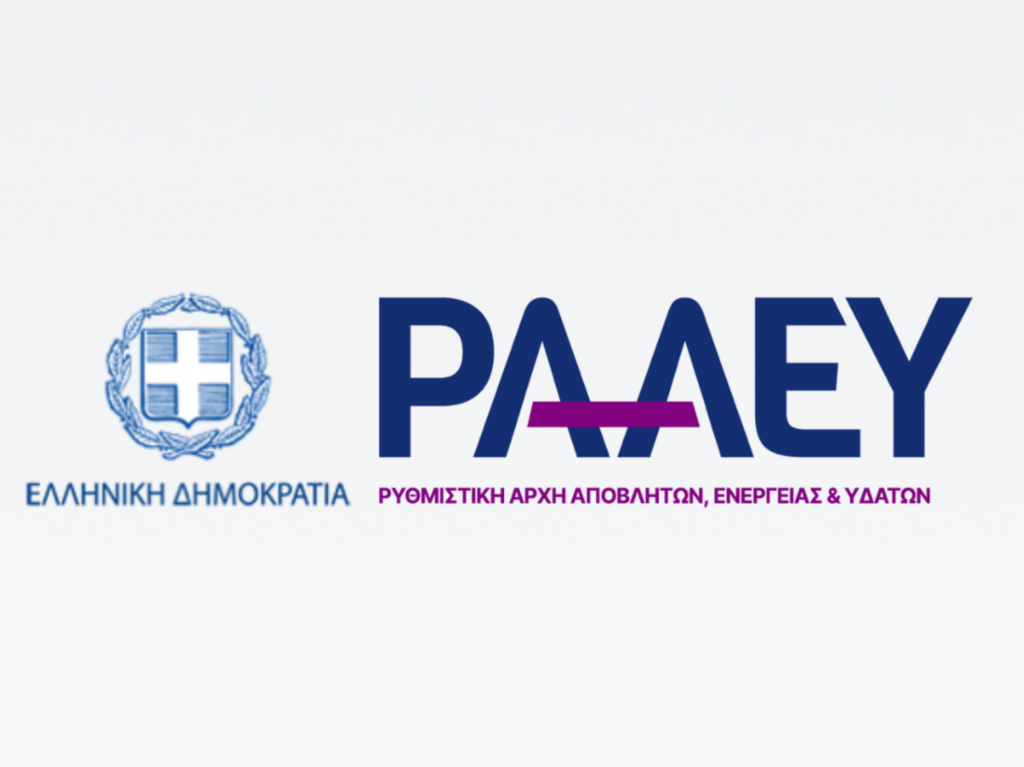Since the end of the 1960s, there is an obligation on EU Member States to build up and maintain strategic oil stocks, for security of supply reasons. According to the legislation on security of supply issues as presented below Member States are required to build up and constantly maintain minimum stocks of petroleum products equal to at least 90 days of the average daily internal consumption during the previous calendar year.
On a national level, Law 3054/2002 (Official Gazette Issue A’ 230/02.10.02) introduced a new system for petroleum stock-holding. Based on this new system, the obligation to build up and maintain petroleum stocks lies with the importers of crude oil and petroleum products destined for consumption in the internal market, with the refiners and with the Large Final Consumers, and not with the companies that deliver these products to the internal market (wholesale companies). Petroleum stocks are maintained in facilities either owned or leased or used under a concession by those who have a stock-holding obligation under the condition that the facilities are certified as stock-holding installations. Therefore, a free and transparent third-party access regime to storage facilities is established, which is independent from the existence of a supply contract with the owner of these facilities.
The Regulation on Petroleum Stock-holding (Ministerial Decision No. D1/Chapter B’/ 12565/12.06.2007 – Official Gazette Issue B’ 1015 / 21.6.2007) covers all the details on the implementation of the new regime for petroleum stock-holding in Greece. The Ministry of Environment, Energy and Climate Change is the competent administrative authority for the monitoring of the implementation of the Regulation on Petroleum Stock-holding.
The March 2007 European Council underlined the need to enhance the security of supply for the EU as a whole and for each Member State, inter alia by developing more effective crisis response mechanisms (Commission’s proposal for a Council Directive imposing an obligation on Member States to maintain minimum stocks of crude oil and/or petroleum products, Brussels, 13.11.2008, COM (2008)/775 final). As a result, the new Council Directive 2009/119/EC of 14 September 2009 imposing an obligation on Member States to maintain minimum stocks of crude oil and/or petroleum products (ΕΕ L 265 της 9.10.2009) was published in 2009. Member States shall bring into force the laws, regulations and administrative provisions necessary to comply with this Directive by 31 December 2012.
In this framework, RAE is a member of the Committee established within the Ministry of Energy, the Environment and Climate Change to transpose the new Council Directive 2009/119/EC into national law. Based on the Committee’s work, with the provisions of Law 4123/2013 (Gazette A’ 43/2013), the national legislation was harmonized with the Directive. The transposition of the Directive improved the mechanisms for maintaining oil reserves, both in the scope of security of supply, by establishing coordinated intervention procedures for immediate decision-making and effective measures in the event of a crisis, approaching the corresponding system of the International Energy Organization, as well as at the scope of operation of healthy competition for the benefit of businesses and end consumers.
The Regulation on the Maintenance of Emergency Stocks was revised based on the provisions of article 5 of the law,[3] on the basis of RAE Opinion 7/2013, and a Plan of Emergency Measures was established,[4] which regulate the details of ensuring physical accessibility and availability and the emergency stock accounting and its control procedures.
The Emergency Measures Plan stipulates, among other things, that during the implementation of the emergency measures, special care is taken at the same time to monitor the prices of petroleum products in the domestic market by the competent Ministries and the Regulatory Authority for Energy and in particular the upper price caps which may be set for the sale of all or some of the petroleum products. The provisions of article 20 of Law 3054/2002 are applied to set the relevant price caps, according to which it is provided that “…by joint decision of the Ministers of Economy and Finance and Development after the opinion of the R.A.E., it is allowed to deal with adverse effects that may be caused to the country’s economy due to the high international prices of crude oil and petroleum products or due to the unjustified, according to the rules of healthy competition and according to the special conditions of the international and domestic market of petroleum products, shaping of the prices of petroleum products, to impose a national or local maximum selling prices to the consumer for all or some of the petroleum products.” The President of the Authority participates in the Committee for the Management of Serious Disruptions in the Supply of Crude Oil and/or Petroleum Products.[5]
[1] Brussels, 13.11.2008, COM (2008) 775 final
[2] OJ L 265 of 9.10.2009
[3] with Ministerial Decision D1/B/21196/2013 (Gazette B’ 2956/2013)
[4] Act of the Council of Ministers 27/19.9.2013 (Gazette A’ 196/2013)
[5] Article 16 of Law 4123/2013



